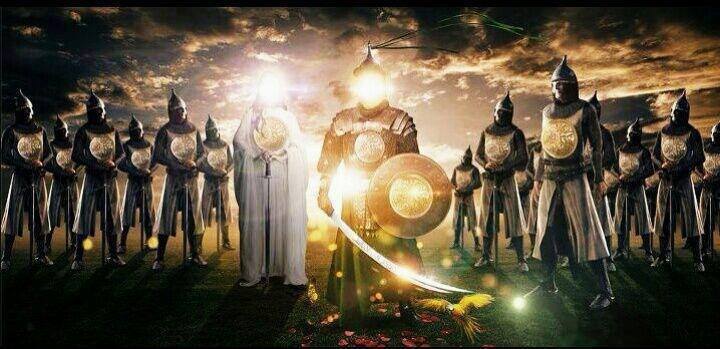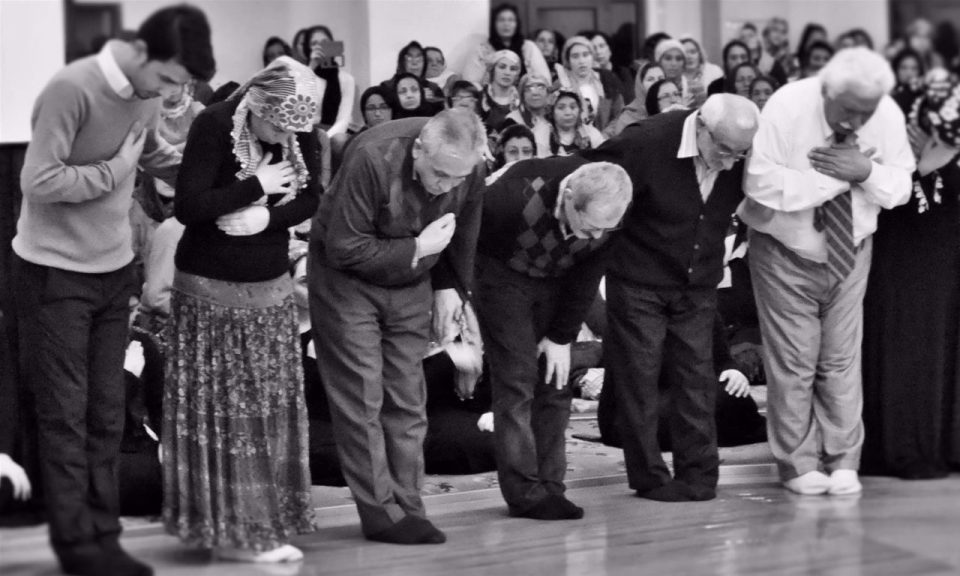Germany has a rich and complex history that has played a significant role in shaping its contemporary identity and national discourse. Perhaps the most significant historical event that has impacted contemporary German identity and discourse is the Holocaust. The Holocaust, which occurred during World War II, was a genocide in which six million European Jews were systematically murdered by the Nazi regime. This event has had profound and lasting effects on German society and culture, and has shaped the way Germans view themselves and their role in the world.
One of the primary ways that the Holocaust has impacted contemporary German identity and discourse is by leading to a collective sense of guilt and shame among Germans. In the aftermath of World War II, Germany was divided and occupied by Allied forces, and many Germans were forced to confront the atrocities committed by their country during the war. This has led to a sense of national self-reflection and introspection that continues to shape German identity and discourse to this day.
Another way that the Holocaust has impacted contemporary German identity and discourse is by leading to a strong commitment to human rights and democracy. Germany has become a leader in promoting human rights and democratic values, both within Europe and around the world. This commitment is rooted in a desire to atone for the sins of the past and to ensure that such atrocities never happen again.
World War II has also had a profound impact on contemporary German identity and discourse. The war led to the devastation of much of Germany and left the country divided and occupied for decades. This has led to a strong desire for unity and national identity among Germans, which has manifested itself in a number of ways. For example, the fall of the Berlin Wall in 1989 and the subsequent reunification of Germany was a pivotal moment in the country’s history, and has played a significant role in shaping contemporary German identity and discourse.
The legacy of World War II and the Holocaust is also reflected in the country’s foreign policy and approach to international relations. Germany has been a leading advocate for European integration and has played a major role in shaping the European Union. The country has also been a major player in global diplomacy and has taken a leading role in addressing issues such as climate change and refugee crises.
In recent years, Germany has also been forced to confront a rise in far-right nationalism and anti-Semitism. This has led to renewed debates about the country’s history and identity, and has highlighted the ongoing challenges that Germany faces in grappling with its past and shaping its future.
In conclusion, historical events such as the Holocaust and World War II have had a profound and lasting impact on contemporary German identity and national discourse. The country’s commitment to human rights and democracy, its desire for unity and national identity, and its role in shaping global diplomacy and European integration are all deeply rooted in its history and continue to shape its present and future.












